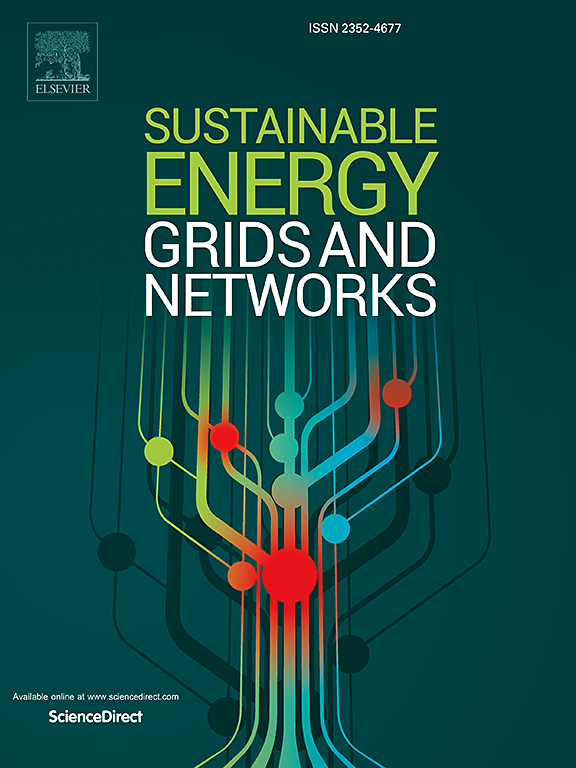基于部分信息多智能体强化学习的网络-物理电力系统混合博弈论安全评估
IF 4.8
2区 工程技术
Q2 ENERGY & FUELS
引用次数: 0
摘要
在本文中,我们建立了一个混合非零和多阶段部分信息随机(HNMPS)博弈论模型来评估相互依赖的网络物理电力系统(CPPS)的安全性。在网络层,HNMPS用ICS MITRE att&ck框架中定义的战术和技术封装了攻击的离散动态。在物理层,通过非线性连续动态分析,评估拒绝服务攻击对电网暂态稳定性的影响。接下来,我们提出了一种不完全信息多智能体q -学习(IMQL)算法来解决对手的行动和策略未知的博弈。与现有方法不同,IMQL不需要联合纳什策略计算,因此放松了对现有全局最优或鞍点的强假设。进一步证明了算法的收敛性。基于HNMPS的结果,我们引入了网络安全指数水平(CIL),这是一种量化网络层破坏后物理层入侵概率的新度量。为了验证我们的模型,我们对西方系统协调委员会(WECC) 9总线系统与网络网络进行了模拟,采用了受BlackEnergy v3恶意软件启发的攻击场景。结果表明,与现有算法相比,该算法在部分信息设置下的学习过程具有较好的收敛性和鲁棒性。本文章由计算机程序翻译,如有差异,请以英文原文为准。
Hybrid game-theoretic security assessment of cyber-physical power systems using partial-information multi-agent reinforcement learning
In this paper, we develop a Hybrid Non-zero-sum Multi-stage Partial-information Stochastic (HNMPS) game theoretic model for assessing the security of interdependent cyber-physical power systems (CPPS). In the cyber layer, HNMPS encapsulates the discrete dynamics of attacks, with tactics and techniques defined in the ICS MITRE ATT&CK framework. In the physical layer, it evaluates the consequence of Denial of Service (DoS) attacks on the transient stability of power networks through non-linear continuous dynamic analysis. Next, we propose an Imperfect-Information Multi-Agent Q-learning (IMQL) algorithm to solve the game when opposing players' actions and strategies are unknown. Unlike existing methods, IMQL doesn't require joint Nash strategy computation and therefore relaxes the strong assumption on existing global optima or saddle point. We further prove the convergence of the proposed algorithm. Based on the outcome of the HNMPS, we introduce the Cyber Security Index Level (CIL), a novel metric that quantifies the probability of physical layer intrusion following a breach in the cyber layer. To validate our model, we conduct simulations on the Western System Coordinating Council (WECC) 9-bus system coupled with a cyber network, employing an attack scenario inspired by the BlackEnergy v3 malware. Results indicate the successful convergence and robustness of the learning process under partial information settings compared to existing algorithms.
求助全文
通过发布文献求助,成功后即可免费获取论文全文。
去求助
来源期刊

Sustainable Energy Grids & Networks
Energy-Energy Engineering and Power Technology
CiteScore
7.90
自引率
13.00%
发文量
206
审稿时长
49 days
期刊介绍:
Sustainable Energy, Grids and Networks (SEGAN)is an international peer-reviewed publication for theoretical and applied research dealing with energy, information grids and power networks, including smart grids from super to micro grid scales. SEGAN welcomes papers describing fundamental advances in mathematical, statistical or computational methods with application to power and energy systems, as well as papers on applications, computation and modeling in the areas of electrical and energy systems with coupled information and communication technologies.
 求助内容:
求助内容: 应助结果提醒方式:
应助结果提醒方式:


